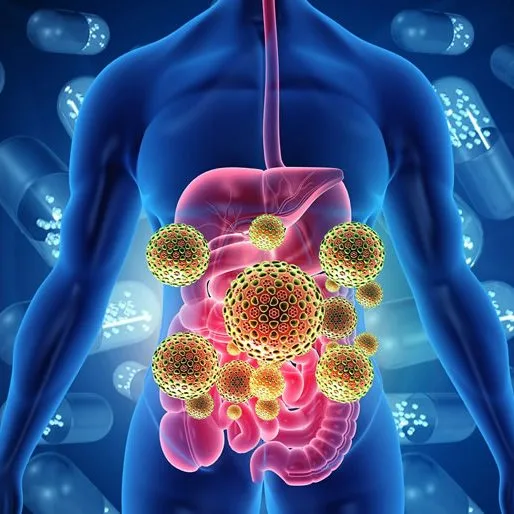Targeted, Orally Delivered Therapies for Gastrointestinal Diseases

THE SCIENCE
First Wave BioPharma’s product portfolio is built around its three proprietary therapeutic technologies – latiglutenase, a potentially first-in-class oral biotherapeutic designed to aid gluten digestion and potentially reduce symptoms of celiac disease, capeserod, a selective 5-HT4 receptor partial agonist being developed for gastroparesis, and adrulipase, a recombinant lipase designed to enable the digestion of fats and other nutrients in patients with exocrine pancreatic insufficiency.
LEARN MOREPIPELINE
First Wave BioPharma’s GI-disease focused programs span multiple clinical indications ranging from nutritional disorders to diseases brought on by autoimmune malfunction. Disease targets include patient populations with digestive disorders, such as celiac disease, gastroparesis, exocrine pancreatic insufficiency in patients with cystic fibrosis and chronic pancreatitis, and inflammatory bowel diseases such as ulcerative colitis.

IN THE NEWS
|
Apr 24, 2024
First Wave BioPharma Announces Invited Paper for Special Edition on Celiac Disease in Peer-Reviewed Scientific Journal, Nutrients
|
|
Apr 17, 2024
First Wave BioPharma CEO James Sapirstein to Present at the Planet MicroCap Showcase
|
|
Apr 15, 2024
First Wave BioPharma CEO James Sapirstein to Participate in 2024 Longwood Healthcare Leaders Conference
|

